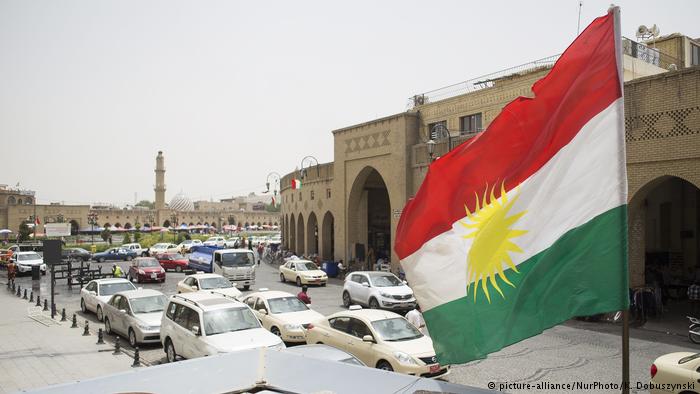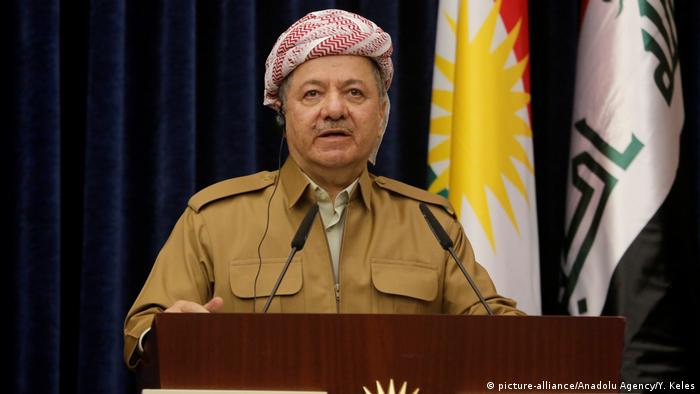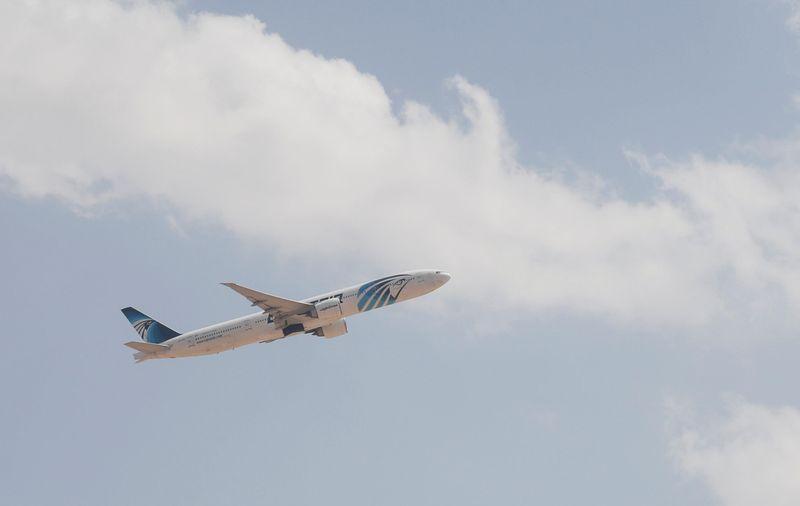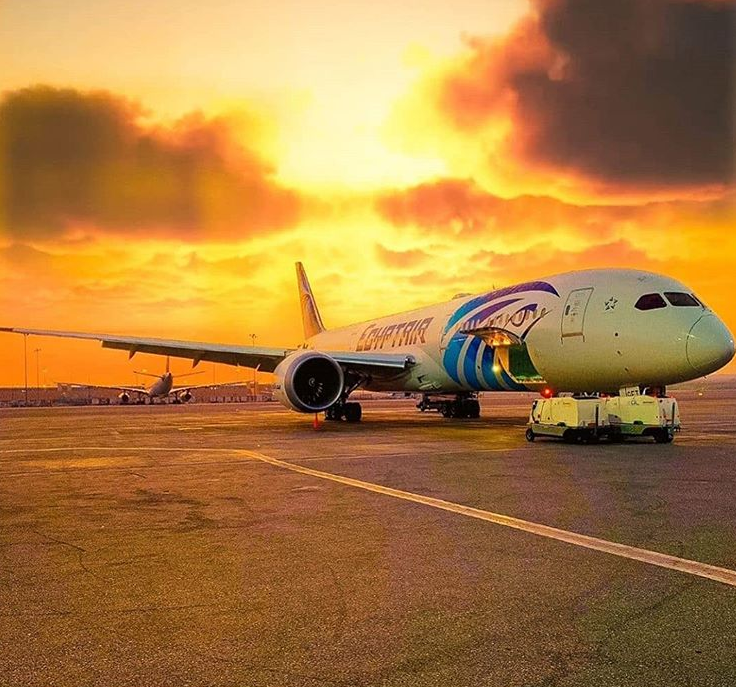
Iraq’s autonomous Kurdish region on Wednesday announced it would hold an independence referendum in September, bringing the Kurds one step closer to achieving a century-long dream but raising the prospect of renewed conflict with Baghdad.
“I am pleased to announce that the date for the independence referendum has been set for Monday, Sept. 25, 2017,” Masoud Barzani, the president of the Kurdistan Regional Government (KRG), said on Twitter.
I am pleased to announce that the date for the independence referendum has been set for Monday, September 25, 2017https://t.co/Woj0JuYZNE
— Masoud Barzani (@masoud_barzani) June 7, 2017
The autonomous Kurdish region already has many characteristics of a state – an executive, legislature, judiciary and security forces – all recognized under the Iraqi constitution’s federalist structure.
Hemin Hawrami, a special assistant to Barzani, said on Twitter the question to be posed to voters would be: “Do you want an independent Kurdistan?”
The vote would controversially also be held in the so-called disputed territories of Khanqin, Sinjar, Makhmor and oil-rich Kirkuk – all areas controlled by Kurdish peshmerga forces but lying south of the three recognized northern provinces that make up the KRG.
Referendum on 25/9/2017 is for Iraqi Kurdistan including kirkuk, Khanqin, Sinjar & Makhmor. The ? Is: Do you want an independent Kurdistan?
— Dr. Hemn Hawrami (@heminhawrami) June 7, 2017
Opposition from Baghdad and regional powers
There is widespread support among Iraqi Kurds for an independent state. An informal referendum on the issue in 2005 passed with nearly 99 percent support.
However, any move towards independence, especially if it encompasses snapping up disputed territories, will be opposed by the central government in Baghdad and allied Iran-backed Shi’a militia, known as Popular Mobilization Units (PMU), battling the “Islamic State.”
Already in financial trouble due to waste and low oil prices, Kurdistan – like the rest of Iraq – relies on Baghdad for its share of the oil budget, giving the central government significant leverage.
Turkey, Iran and Syria have also traditionally opposed Kurdish moves towards independence out of concern it would fuel similar demands by their Kurdish minorities.
Ankara, which has good relations with Barzani, effectively has a veto over Kurdish independence due to its economic footprint in the region and the fact that the main outlet for Kurdish oil and gas runs through Turkey.
Bargaining chip
The Iraqi Kurds have been on the frontlines against IS after Iraqi government forces withdrew as the Sunni extremist group captured large swaths of territory in 2014. As IS has been pushed back, Kurdish forces filled the gap and almost doubled the territory under their de-facto control.
Oil-rich Kirkuk, dubbed as the Kurds’ Jerusalem, highlights the dangers and competing interests and emotions at play. The multi-ethnic city of Turkmen, Sunni and Shi’a Arabs, and Kurds is claimed by the KRG, which has long complained that a constitutionally-mandated referendum over the city has been delayed by Baghdad.
Analysts say the referendum is unlikely to lead to an immediate declaration of independence and is designed, for now, to bolster the Kurds’ bargaining position with Baghdad over disputed territories, shared oil-revenues and greater autonomy.
“A yes vote is inevitable but will not result in an immediate declaration of independence,” Bilal Wahab, a Kurdish expert at the Washington Institute for Near East Policy, wrote in analysis in May. “The Kurds realize that neither they nor the region are ready to accept a new Kurdish state. Rather, the vote will give Kurdish negotiators a public mandate to recalibrate relations with Baghdad, take another small step toward autonomy, and get some closure on disputed territories.”
 Masoud Barzani is trying to boost his nationalist creditionals and distract from political and economic problems at in the Kurdish region
Masoud Barzani is trying to boost his nationalist creditionals and distract from political and economic problems at in the Kurdish regionShoring up domestic Kurdish politics
The decision to call an independence referendum was made after a meeting of major Kurdish parties chaired by Barzani. It also called for parliamentary elections to be held on November 8.
The referendum will occur amid deep divisions between Kurdish political parties and questions over the leadership of Barzani, who was supposed to step down three years ago at the end of his two terms as president before receiving a controversial extension.
Importantly, Gorran (Change), the second largest party in the Kurdistan parliament, and the Islamic Group of Kurdistan, did not participate in the meeting calling an independence vote, which comes as the parliament has been shuttered since 2015 over political infighting.
The vote has as much to do with independence and relations with Baghdad as it does with domestic political issues and economic crisis plaguing the KRG, according to Denise Natali, a Kurdistan expert and research fellow at the US National Defense University.
“The independence referendum, if conducted, has several functions – to distract local and external populations from the Kurdistan Region’s deep seated problems, to enhance the credibility of Barzani and authenticity as a Kurdish nationalist leader, to unify Iraqi Kurdish political parties, and to attempt to leverage Baghdad and other groups after IS,” Natali told DW.
“There is no chance that these results will lead to Kurdish statehood. No regional actor will acknowledge it, the Kurdistan Region is not self-sustaining, and the internal boundaries of what is considered ‘Kurdistan’ are highly contentious among other Iraqis,” she added.




